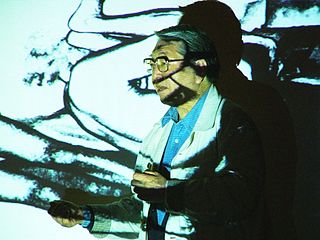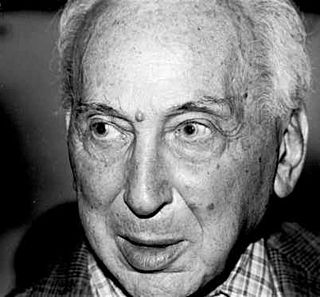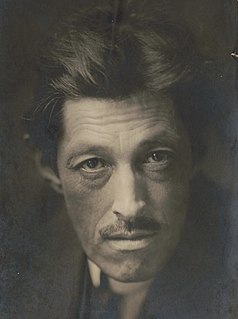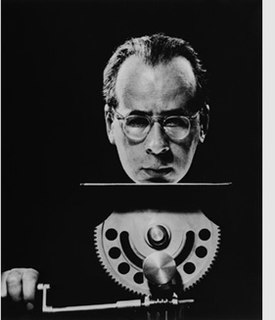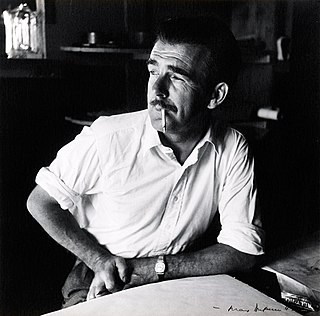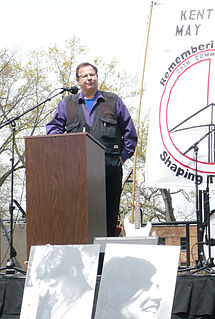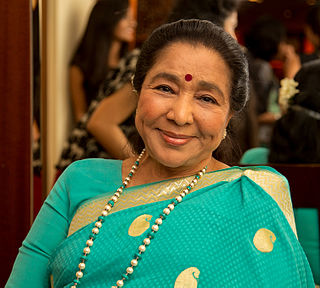A Quote by Eikoh Hosoe
To me photography can be simultaneously both a record and a mirror or window of self-expression the camera is generally assumed to be unable to depict that which is not visible to the eye and yet, the photographer who wields it well can depict what lies unseen in his memory.
Related Quotes
For this very reason I refuse all the tricks of the trade and professional virtuosity which could make me betray my career. As soon as I find a subject which interests me, I leave it to the lens to record it truthfully. Look at the reporters and at the amateur photographer! They both have only one goal; to record a memory or a document. And that is pure photography.
To us, the difference between the #? photographer as an individual eye and the photographer as an objective recorder seems fundamental, the difference often regarded, mistakenly, as separating photography as art from #? photography as document. But both are logical extensions of what photography means: note-taking on, potentially, everything in the world, from every possible angle.
There is no art which affords less opportunity to execute expression than photography. Everything is concentrated in a few seconds, when after perhaps an hours seeking, waiting, and hesitation, the photographer sees the realization of his inward vision, and in that moment he has one advantage over most arts - his medium is swift enough to record his momentary inspiration.
Once a photographer is convinced that the camera can lie and that, strictly speaking, the vast majority of photographs are camera lies, inasmuch as they tell only part of a story or tell it in distorted form, half the battle is won. Once he has conceded that photography is not a naturalistic medium of rendition and that striving for naturalism in a photograph is futile, he can turn his attention to using a camera to make more effective pictures.
When I put the camera back to my eye, I noticed a particular guardsman pointing at me. I said, "I'll get a picture of this," and his rifle went off. And almost simultaneously, as his rifle went off, a halo of dust came off a sculpture next to me, and the bullet lodged in a tree. I dropped my camera in the realization that it was live ammunition. I don't know what gave me the combination of innocence and stupidity... but I never took cover.
Photography must seize upon this moment and hold immobile the equilibrium of it. The photographers eye is perpetually evaluating. A photographer can bring coincidence of line simply by moving his head a fraction of a millimeter. He can modify perspectives by a slight bending of the knees. By placing the camera closer to or farther from the subject, he draws a detail — and it can be subordinated, or he can be tyrannized by it.
With photography, everything is in the eye and these days I feel young photographers are missing the point a bit. People always ask about cameras but it doesn't matter what camera you have. You can have the most modern camera in the world but if you don't have an eye, the camera is worthless. Young people know more about modern cameras and lighting than I do. When I started out in photography I didn't own an exposure meter - I couldn't , they didn't exist! I had to guess.
The original interest in making pictures that don't directly depict came around '97 or '98, when I felt there was such an acceleration of images in the world, and that was before Flickr and so on. So I felt a need to slow down how one consumes photographs. With the abstract pictures, I was engaged in trying to find new images, but in practice, it was a bit like throwing a wrench in the spokes. The omnipresence of photography is at a level that it has never been in the history of the world. I feel really curious to now reengage and see what the camera can do for me.
